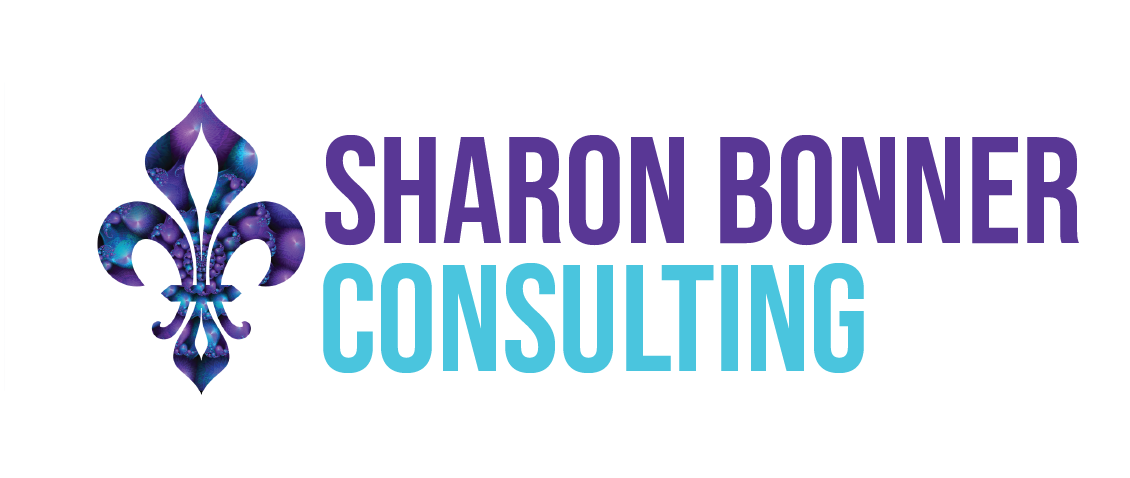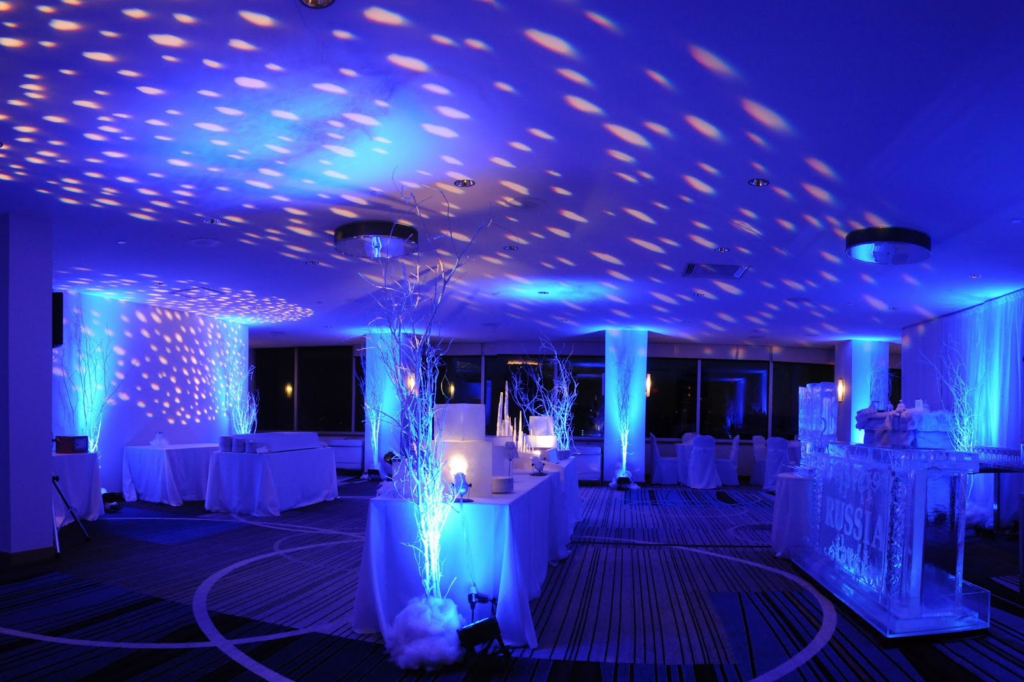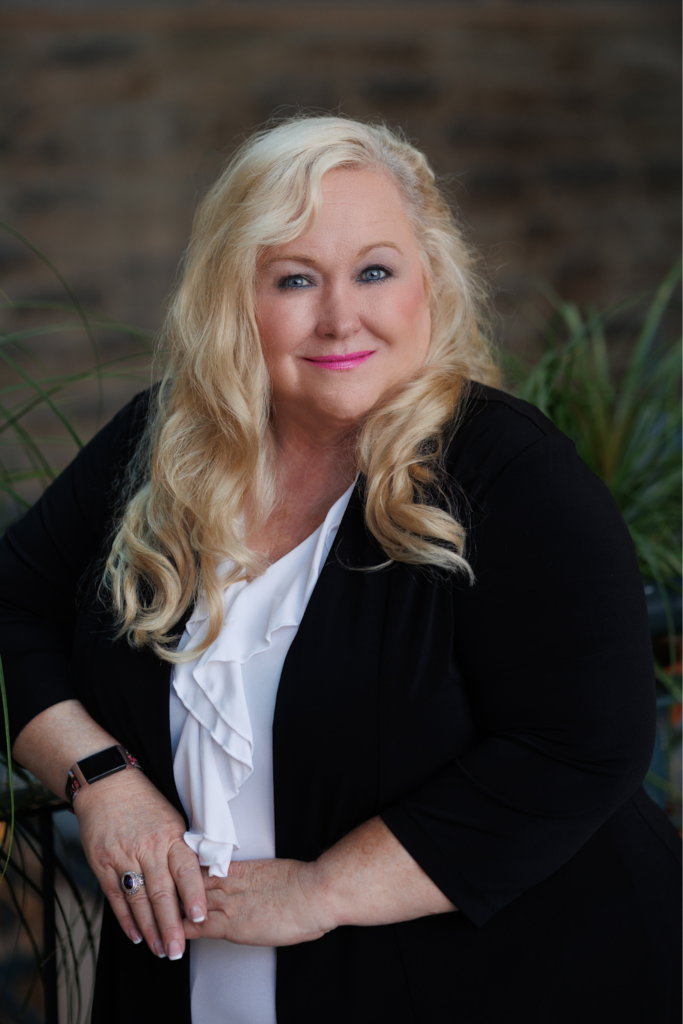Are you interested in planning an event but unsure of where to start? When you have a clear event objectives in mind and an experienced event consultant by your side, event planning is simple. Before you begin planning your event, Sharon Bonner Consulting will help you create the ideal event objective using our many years of event planning experience.
What is an Event Objective?
To start, the road map for achieving your goals is laid out in your objectives. Goals are more general than objectives, and they should be written in great detail to spell out the specific outcomes from your event. Planning events, promoting them, and staying within budget are all made simpler when you have clearly defined objectives for your event. An Event Consultant will ultimately be able to guide you in setting proper and reasonable objectives for your event!
How is an objective different from a goal?
A goal is a broad, long-term outcome. Contrarily, an objective is a quantifiable step that must be taken to advance the long-term goal. It is a step that you take to reach your goal. Although they are slightly different, the two terms are often used in unison when working on a project or event!
Quick examples of ideally set objectives
Example #1
- Goal: to increase the awareness of your brand and business.
- Objective: Social media can be a useful tool for measuring awareness. You could monitor the number of times your event is shared or mentioned on social media, or you could look for posts made on the event’s website and ask attendees to use an event #hashtag to keep track of related posts. Setting a target attendance goal for your upcoming event, such as 300 attendees, would be helpful. You can ask an Event Consultant to advise you on a reasonable target audience size.
Example #2
- Goal: to be able to market various items from your business after holding your event
- Setting a target for how many of your products you want to sell is helpful. You must avoid making the goal seem too easy while still being realistic. One solution could be to calculate a reasonable number for your goal using profit data from previous events. An Event Consultant could direct you toward a reasonable estimate by using data from the past.
Review of SMART objectives
To set achievable goals within a specific time frame, use SMART guidelines. SMART breaks down goals into specific, measurable, achievable, relevant, and time-bound objectives. This helps identify and address discrepancies between priorities and resources. Keep the SMART acronym in mind when formulating a reasonable objective (specific, measurable, achievable, relevant, and time-bound)! Find out more about SMART objectives and goals with specific examples here.
You’re ready to go!
By now, you should have a sound knowledge on what an event objective ism how they differ from event goals and how to properly set them.
However, if you require further assistance or would like us to take a quick look at your plans, don’t hesitate to get in touch with Sharon Bonner Consulting for more advice.
Even booking an hour or two, is always worthwhile because Event Consultants have a variety of knowledge about what makes your event successful and award winning. We look forward to meeting you!






